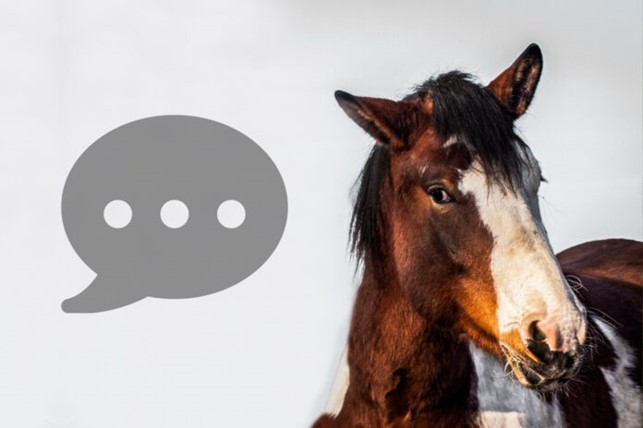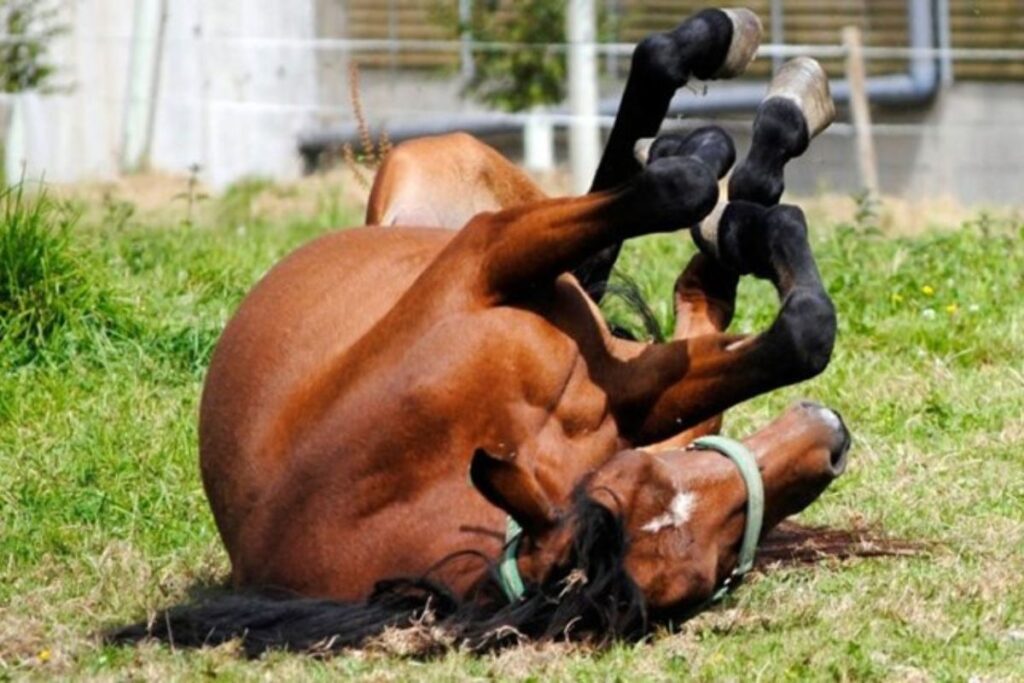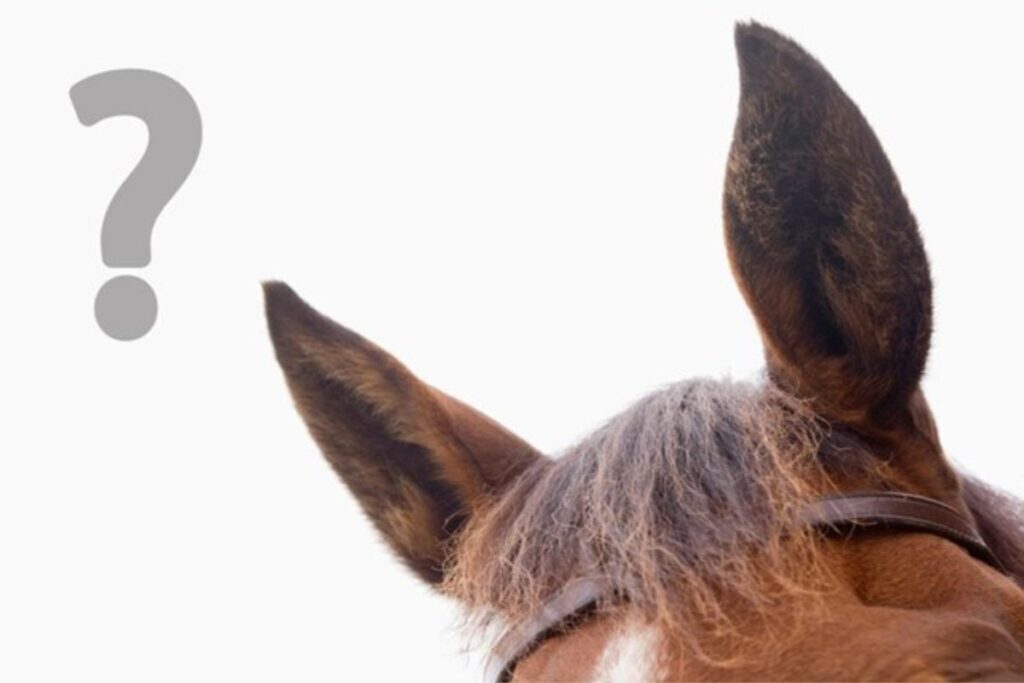Menu

What tone of voice do you use? Horses do not understand what we say – or do they? For sure, they do not know Danish, English or Chinese, but they still understand us humans. No matter what language we speak. The reason being that it is not about what we say, but how we say it. It is our tone of voice and not the very words our horses notice. This is important to understand if you want to communicate properly with your horse and make it understand you.
You may also like to read: Wellbeing: Does your horse have a healthy rolling behavior?

A recent study concludes that horses can tell the difference between positive and negative use of the human voice. This was discovered by exposing the horses to two different sounds. Sounds which are believed to be understood as positive and negative, respectively: a person's laughter and a person's growl. The horses were exposed first to the positive sound and then to the negative. And in both cases the person saying the sound exhibits complete emotional neutrality. So, the person neither smiles nor moves.
The study shows that the horses predominantly exhibit a restrained, ‘freezing’ position when they encounter a negative tone. They do this in an attempt to be vigilant. To be aware of their surroundings and ready to react because they feel threatened by the negative voice. In addition, horses significantly more often have their ears forward and perform fewer movements with their ears as a sign of alertness when they encounter a negative voice.

The study raises an interesting point: It is more important how you say things to your horse than what you say. This goes for any situation where you want to try to make it understand what you are saying. Whether you say “good boy” in a bright, optimistic and thus positive tone of voice. Or whether you say it a little too gloomily and thus negatively perceived by the horse, really makes a big difference.
On the other hand, the horse does not care if you choose to use the term "good boy" or "cucumber" to praise it. As long as you say the same thing every time and that you do it in the same positive tone, so it connects it with something good.
A. Smith, L. Proops, K. Grounds & J. Wathan: Domestic horses (Equus caballus) discriminate between negative and positive human nonverbal vocalisations. Scientific Reports 8(1), 2018.